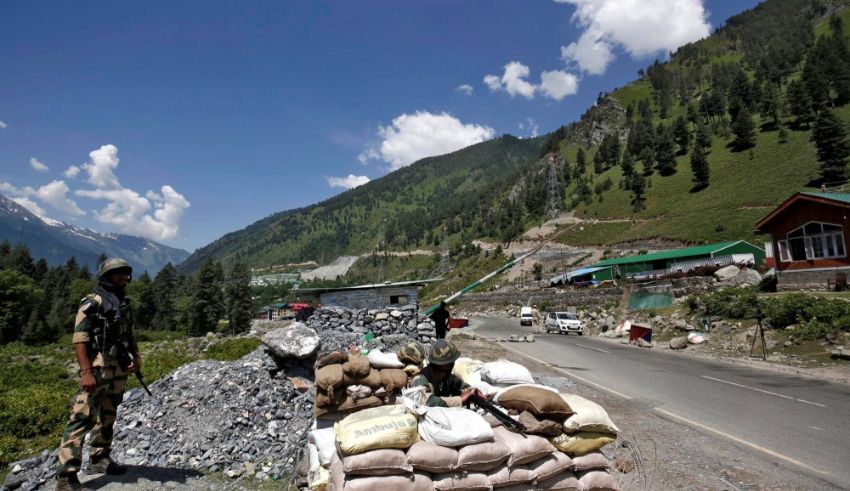
The ongoing India-China border conflict has garnered significant attention from geographical experts and military strategists around the world. As tension persist, it is crucial to dissect the situation and explore the potential lessons that other nations, including Japan, can draw from this conflict to enhance regional security.
The India-China border conflict centers around disputed territories in the Himalayan region, particularly in the Ladakh region of India and the Aksai Chin plateau controlled by China. The two Asian giants have a history of border disputes, including the 1962 war, which further underscores the gravity of the current situation:
Diplomacy and Multilateralism: Regional tensions demand a robust diplomatic approach. Japan, no stranger to territorial disputes, can learn from India’s attempt to engage in diplomatic negotiations and multilateral platforms to address the border conflict. A diplomatic resolution can prevent escalation and ensure long-term stability.
Defense Modernization: Japan can take cues from India’s efforts to modernize its armed forces. Strengthening defense capabilities, investing in cutting-edge technology, and enhancing military preparedness are essential steps for ensuring national security in a volatile region.
Alliances and Partnerships: The India-China conflict underscores the importance of strong alliances. Japan’s strategic partnerships, especially with the United States, can serve as a deterrent and provide crucial support in times of regional crises.
Dr. Aisha Gupta, a prominent regional analyst, said the India-China conflict emphasizes the significance of clear communication and transparency in managing territorial disputes. Japan can learn from India’s efforts to maintain open channels of communication to prevent misunderstandings.
Keep Reading
General Hiroshi Tanaka, a renowned military strategist, asserts, “Japan should focus on asymmetric warfare capabilities, which can offer a tactical advantage against a superior adversary. India’s adaptation of such strategies is noteworthy.”
The US government, a key stakeholder in regional security, has been closely monitoring the India-China conflict. In a recent statement, Secretary of State John Anderson said the India-China border situation necessitates a peaceful resolution through dialogue. Japan’s commitment to regional stability aligns with our shared values and interests.”
The India-China border conflict serves as a compelling case study for nations like Japan to draw invaluable lessons from. By prioritizing diplomacy, defense modernization, and strategic alliances, Japan can bolster its regional security and contribute to maintaining stability in a rapidly changing geopolitical landscape. The insights offered by regional and military experts, as well as the perspective of the US government, underscore the urgency of learning from this conflict to ensure a more secure future for all.


























